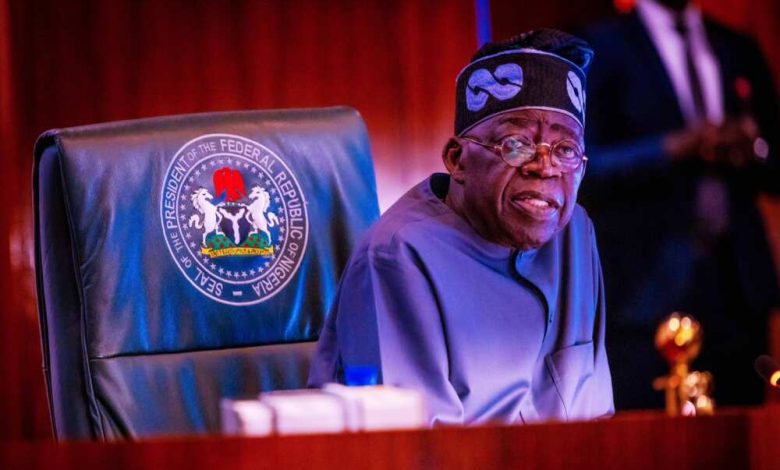
Nigeria’s external debt is projected to approach $50 billion by the end of the third quarter of 2024, as the Debt Management Office (DMO) prepares to release the latest public debt data.
As of March 31, 2024, Nigeria’s total public debt stock stood at N121.67 trillion ($91.46 billion), with domestic debt at N65.65 trillion ($46.29 billion) and external debt at N56.02 trillion ($42.12 billion).
The country’s external debt has grown significantly due to a series of loans from the World Bank and other international lenders.
Notably, Nigeria obtained a $2.25 billion loan in June under the Nigeria Reforms for Economic Stabilisation to Enable Transformation (RESET) and the Nigeria Accelerating Resource Mobilization Reforms (ARMOR) programs.
Additionally, the World Bank approved another $1.57 billion loan for key sectors, including education, healthcare, and water management, with $70 million being a grant.
The African Development Bank (AfDB) approved $500 million in July for the Economic Governance and Energy Transition Support Program (EGET-SP) to accelerate energy infrastructure transformation, while Nigeria also secured $925 million from Afreximbank in June under the crude oil-backed prepayment facility sponsored by the Nigerian National Petroleum Company Limited (NNPCL).
Nigeria’s rising debt has also led to a significant increase in debt service costs. In the first seven months of 2024, debt service payments rose by 53.63%, from $971.47 million to $2.78 billion.
May saw the highest debt service payment at $854.36 million. Fitch Ratings has projected that Nigeria’s external debt service cost could reach $5.2 billion by 2025.
This growing debt burden risks Nigeria’s financial stability, especially with increasing global interest rates and economic challenges.
